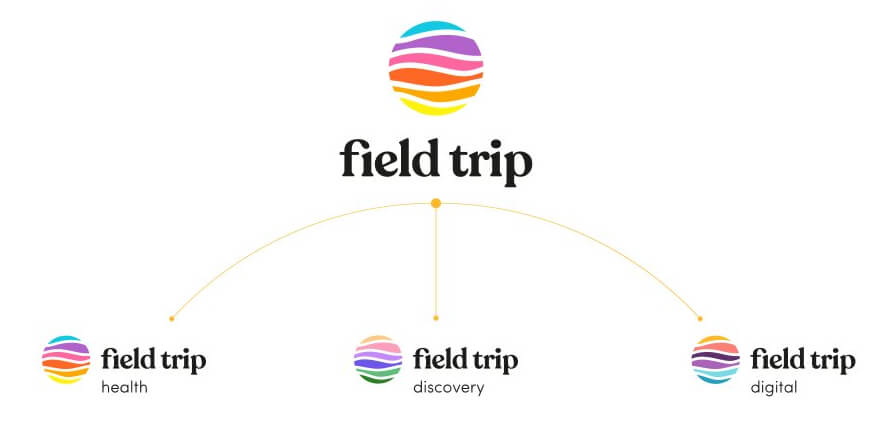
Field Trip Health Ltd. (CSE: FTRP) began trading shares on the Canadian Securities Exchange on Tuesday 6th October, opening at $3.50 Canadian Dollars and closing its first day at $2.70 Canadian Dollars.
The public listing comes on the heels of a reverse take-over which merged Field Trip Psychedelics Inc. and Newton Energy Corporation to form Field Trip Health Ltd. The company also launched a website aimed at providing information to investors.

“Psychedelic therapies stand poised to fundamentally disrupt approaches and treat mental, emotional and behavioural health, and Field Trip is positioned at the forefront of the development and delivery of these therapies,” Ronan Levy, Executive Chairman of Field Trip, told PSYCH. “Our business model has been intentionally structured to create a reinforcing cycle of positive patient outcomes, data collection and product development. The goal of this strategy is to position us as a central player in the industry, with a preeminent brand and diversified income streams with risk mitigation strategies built-in.”
Field Trip has been busy since its 2019 inception. It has created three potential streams of revenue through its health centres, R&D, and digital platforms.
The health centre arm, called Field Trip Health, has already opened clinics in Los Angeles, New York, and Toronto using ketamine treatment for mental health disorders. A centre in Chicago is due to open later in October, and Field Trip plans to open 75 more clinics by 2023.
The R&D arm, called Field Trip Discovery, has developed what it claims is a novel psychedelic compound, FT-104, that preliminarily has shown to interact with the 5HT2A receptor responsible for psychedelic experiences. Field Trip says it has filed for a provisional patent for the compound with the US Patent and Trademark Office.
“The potential for FT-104 is significant, as we expect it will be one of the first ‘next generation’ psychedelic molecules to receive approval from the FDA,” said Levy. With the FT-104 molecule, Field Trip hopes to reach other indications and populations that other psychedelic molecules might not reach. “The ‘next-generation’ psychedelic molecules have the potential to greatly extend the reach and impact of psychedelic medicines and make them available to a much larger audience,” Levy said.
The third arm, called Field Trip Digital, focuses on making psychedelic therapy more accessible through digital platforms. The mobile app “Trip” launched in September 2020 and allows users to benefit from some of the methods of psychedelic therapy on their mobile devices. Through intention setting, personalised music, guided journaling, and mood tracking, Trip aims to “support self-exploration and consciousness expansion.” Field Trip also offers an online portal for its centre’s patients to supplement their treatment.
Looking ahead, Field Trip will focus on executing its strategy of opening more health centres and enhancing patients’ therapeutic experience by continuing to develop technology. Levy also said that Field Trip expects to begin Phase 1 human clinical trials of FT-104 in 2021.
Levy offered some advice to anyone interested in investing in the psychedelic medicine market. First, “look past the word ‘psychedelic’ and leave the historical stigma behind.” And second, “Don’t get caught trying to analogise psychedelics to cannabis from an investment perspective.”
“Psychedelic therapies are poised to fundamentally disrupt our current approaches to mental, emotional and behavioural health, which is a $250B market in the US alone,” Levy said. “This is the appropriate lens through which to assess the investment opportunities in this sector, not through the lens of a potential adult usage market.”
Learn more about Field Trip Health and the work the organisation has planned in the future, when Ronan Levy joins The Psych Symposium at Prohibition Partners LIVE, November 17-20.


